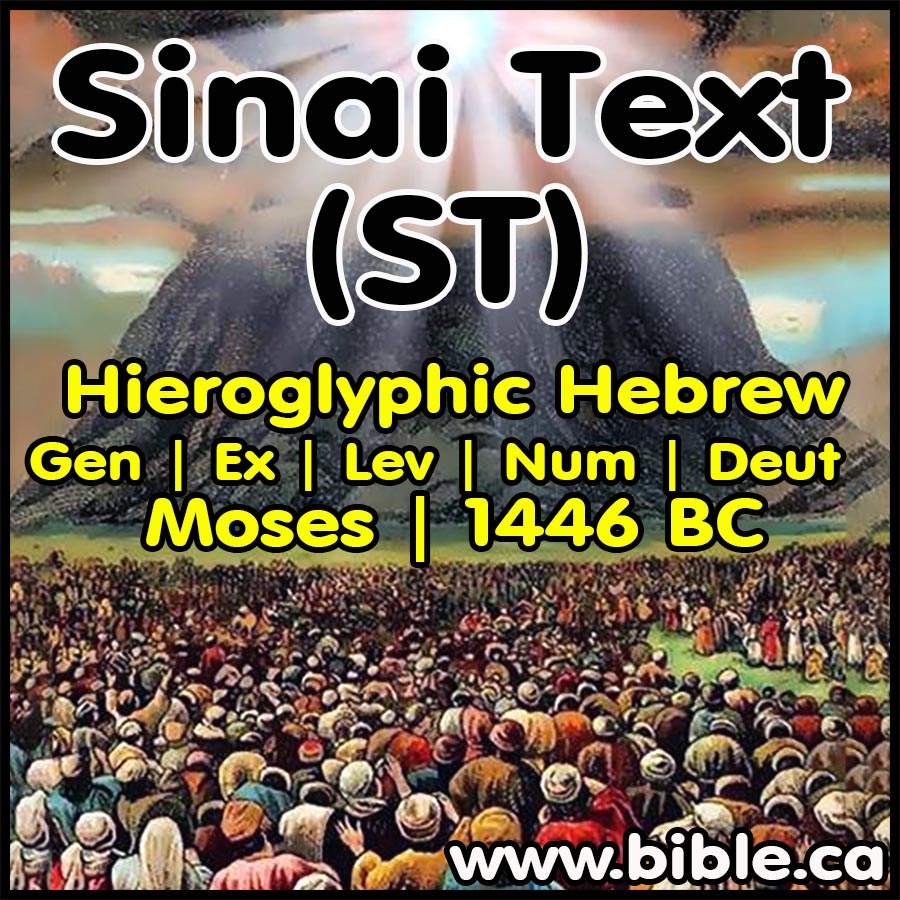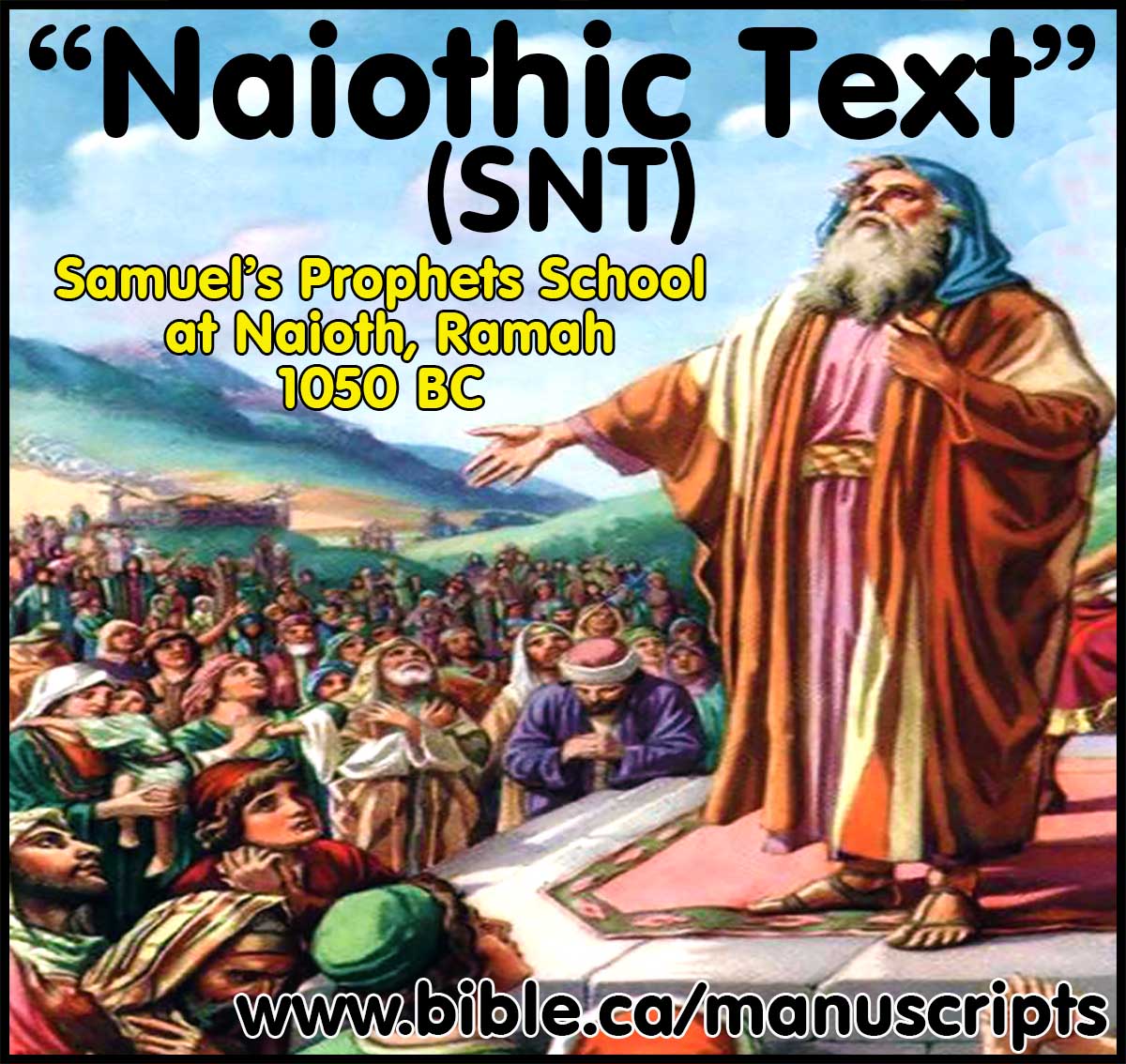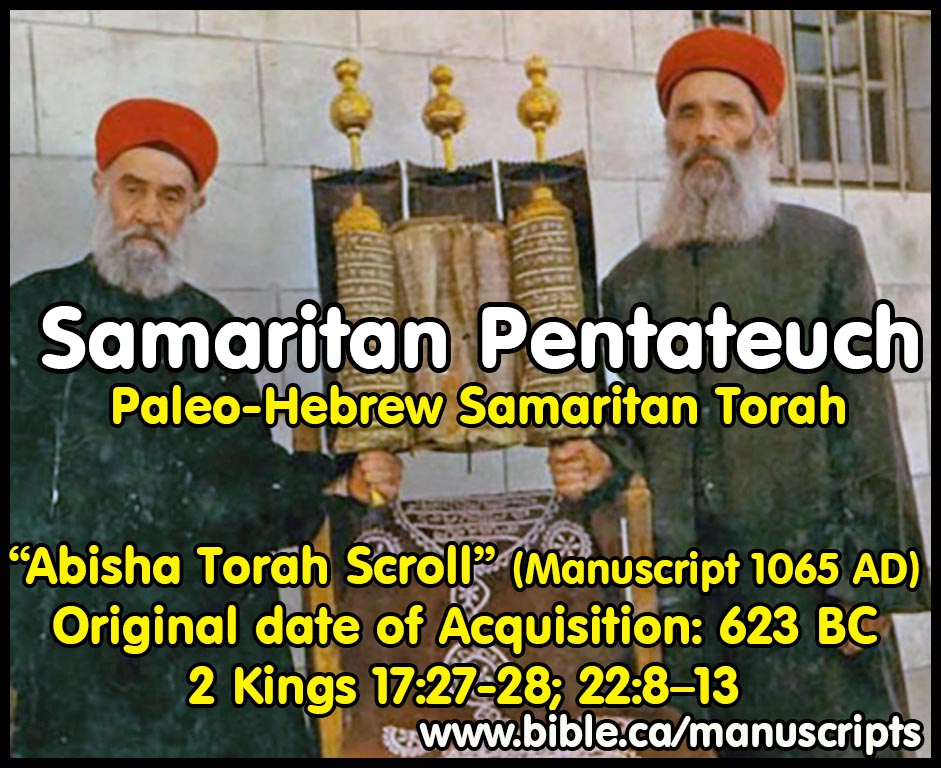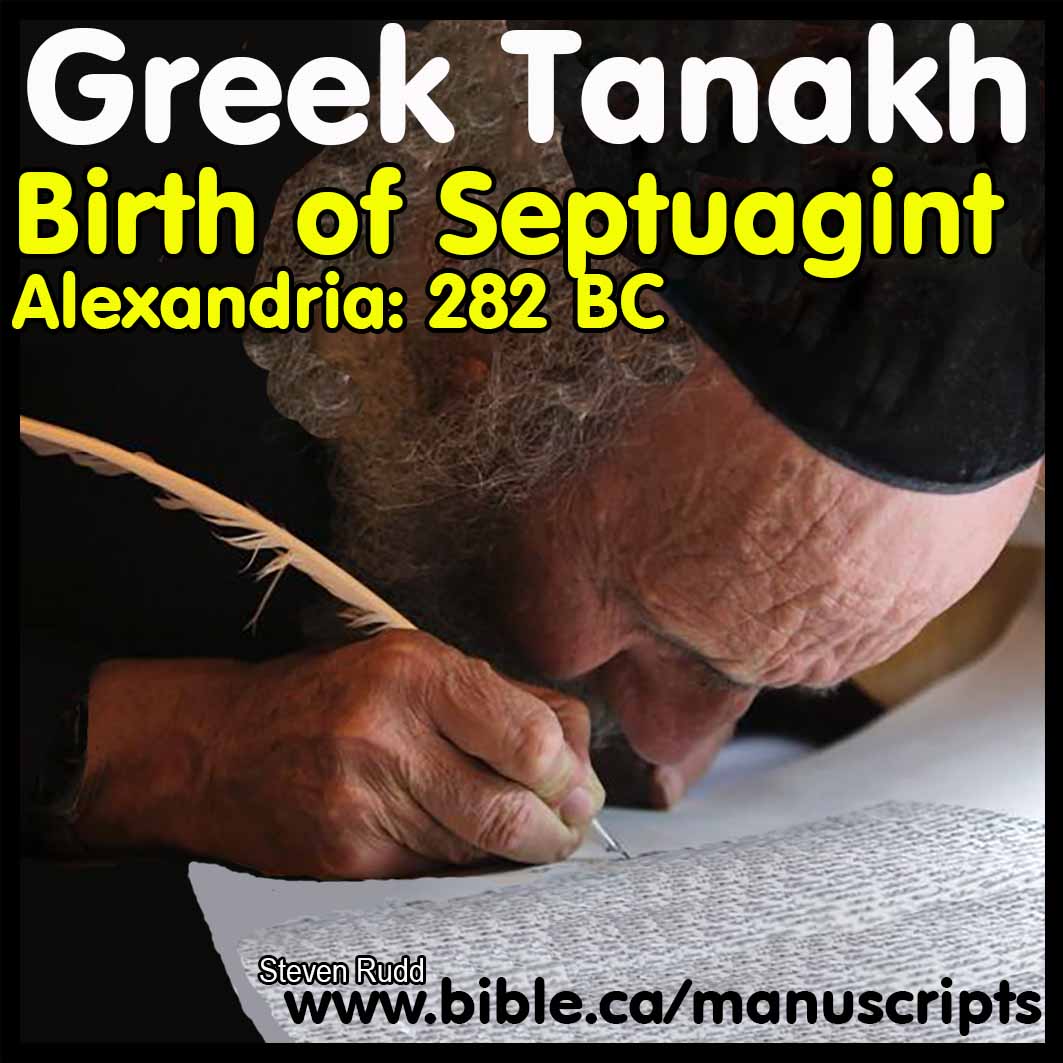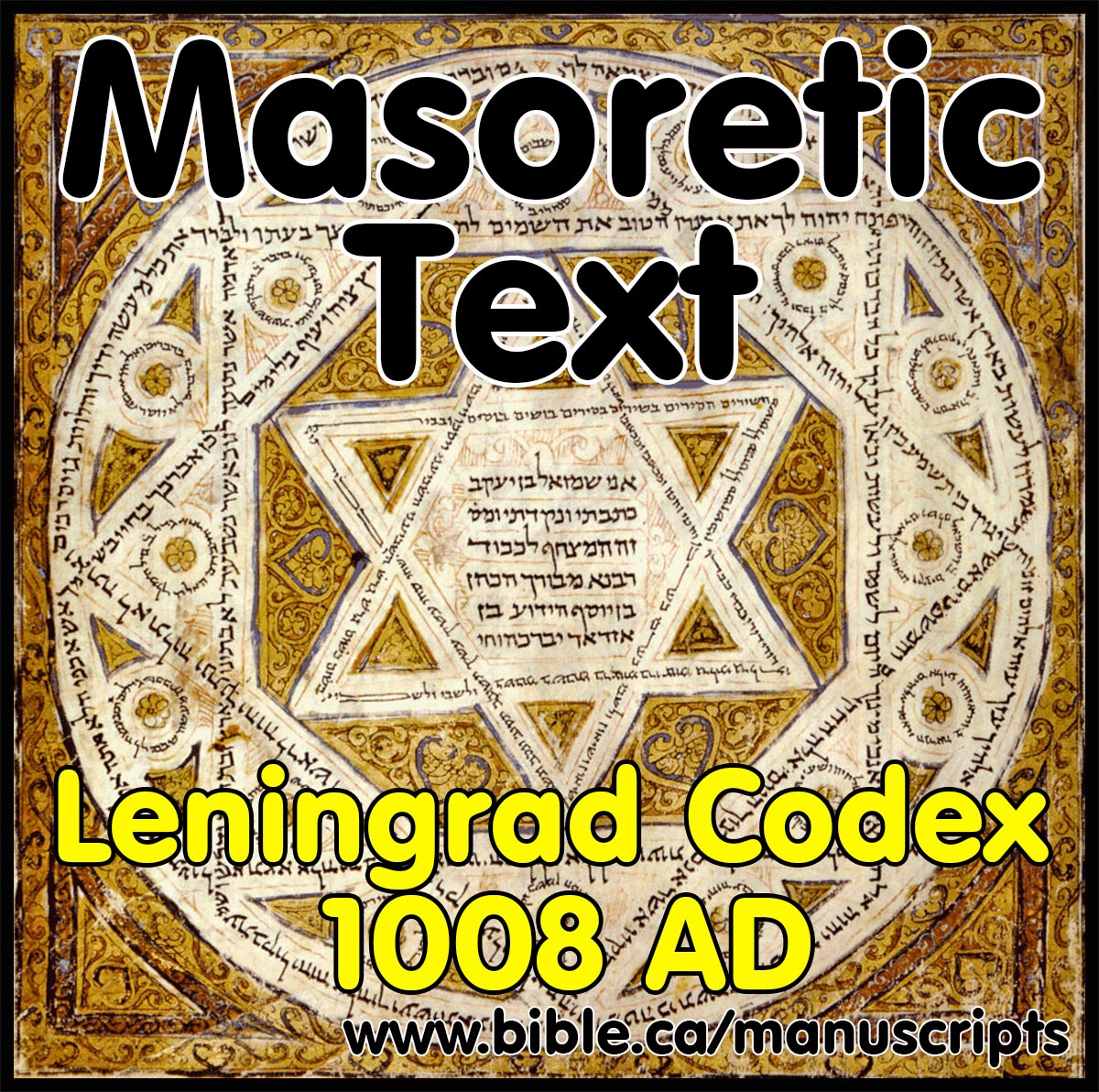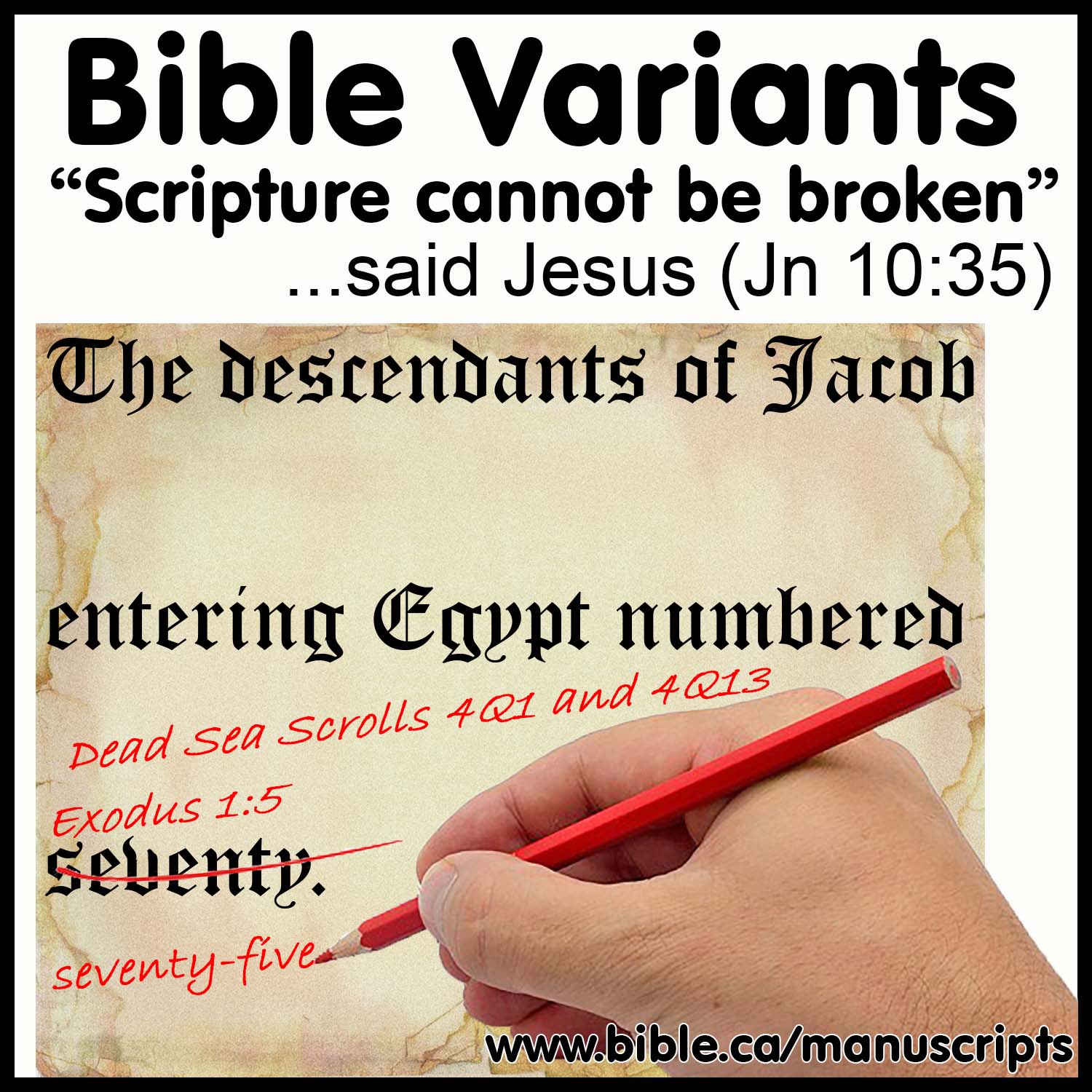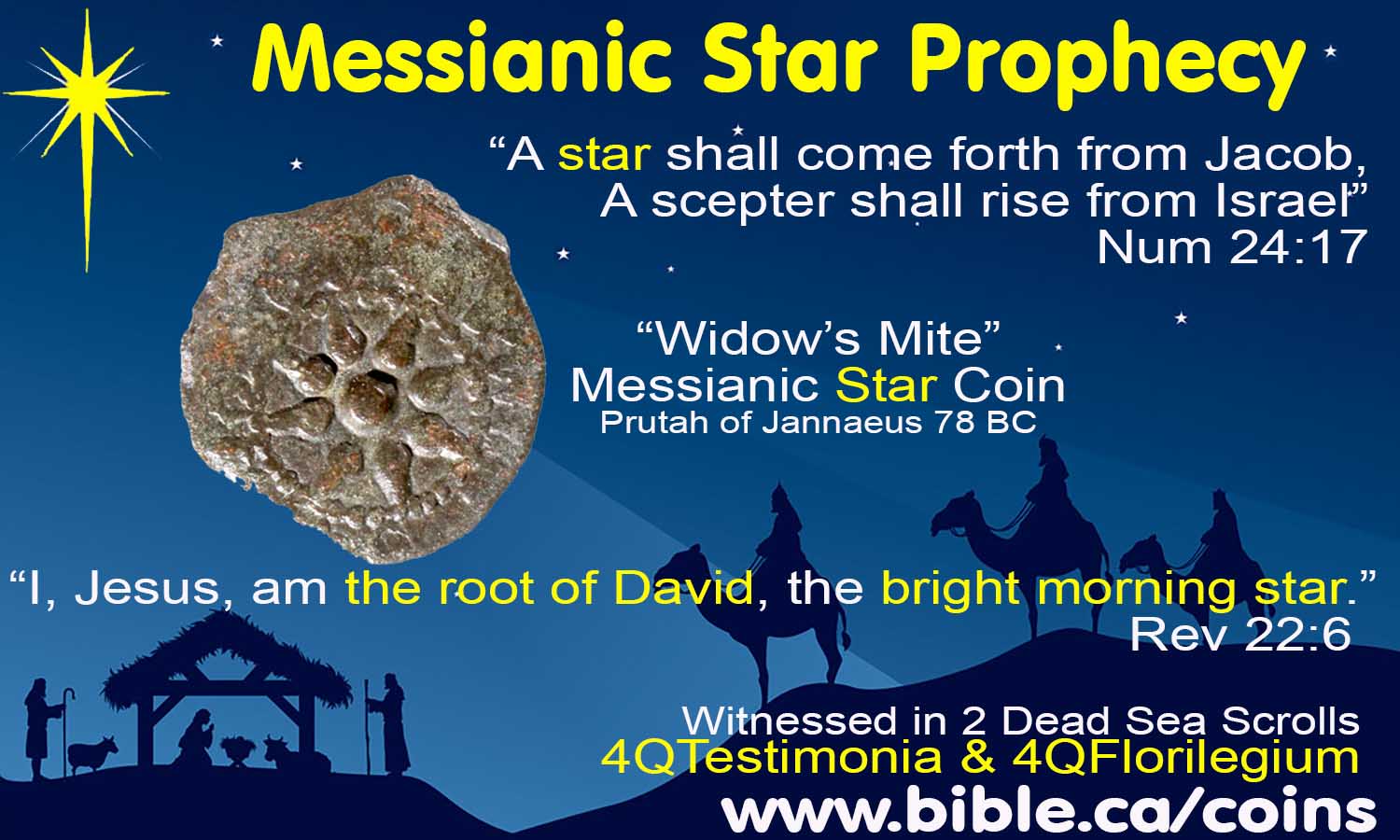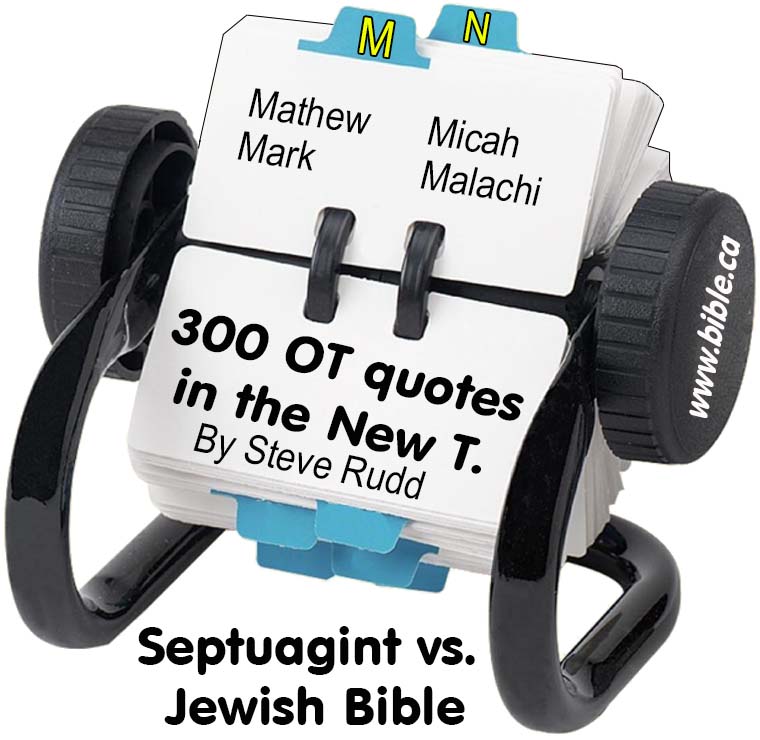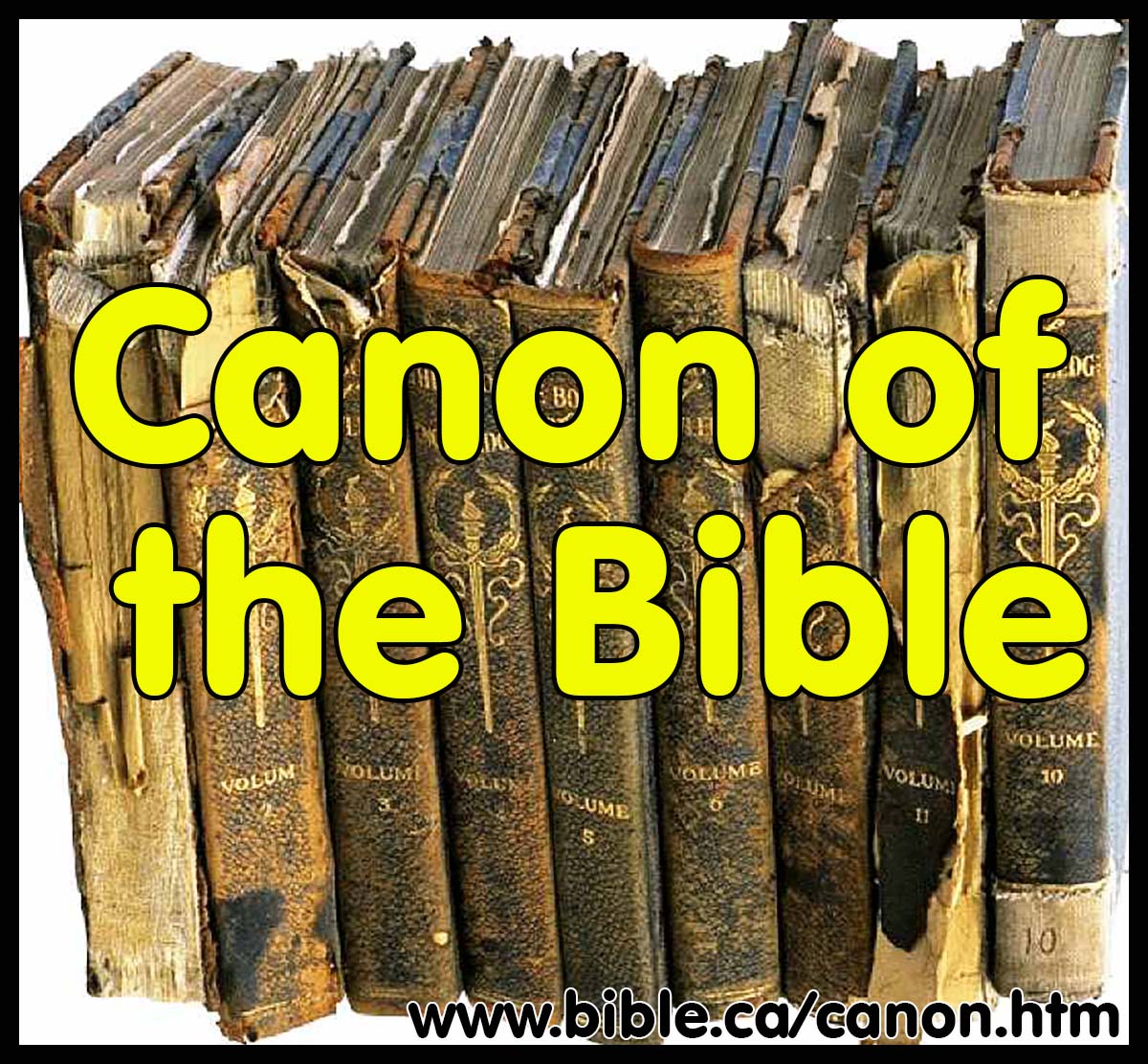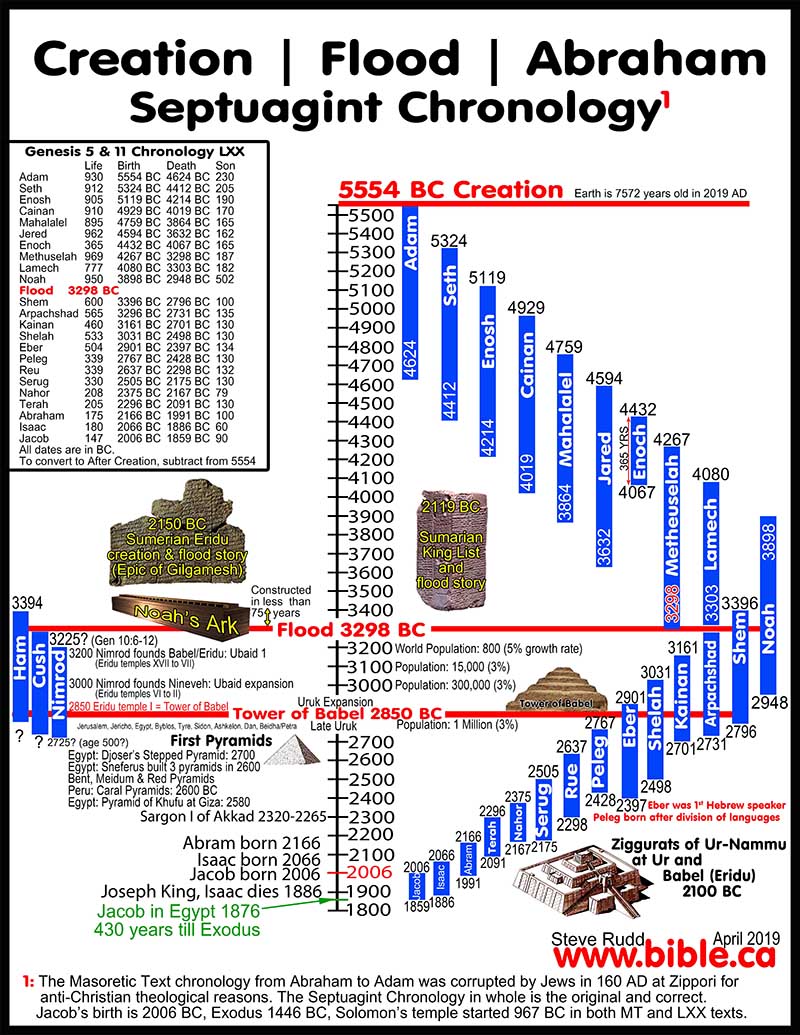Head Phylactery, Arm Tefillin, Door Mezuzah, Blue garment tassels
Rabbi Jesus Christ wore blue garment tassels
Oldest Ancient manuscripts of the Old Testament (Tanakh)
Archeological discoveries at Qumran, Wadi Murabba’at and Nahal Se'elim
“The Septuagint” by Steven Rudd 2017
Jesus Dressed like a typical Jewish Rabbi
Abstract:
The most spiritually minded Jews at the time of Jesus, also known as the “remnant” of the Old Testament prophets wore phylacteries from time to time. These little leather pouches were strapped to the forehead and contained their most treasured and inspirational Bible verses. Deut 10:12-11:21 was a favorite text to use and it was as common to the Jews as the Lord’s prayer is to Christians. One key phrase every Jew was familiar with was: “So circumcise your heart, and stiffen your neck no longer." (Deuteronomy 10:16). In the most calculated way, Stephen said to the Sanhedrin in the presence of Apostle Paul: "You men who are stiff-necked and uncircumcised in heart and ears are always resisting the Holy Spirit; you are doing just as your fathers did." (Acts 7:51) Many of the Sanhedrin, including Paul, may in fact have had this very verse strapped to their forehead when Stephen said this! Of course the truth infuriated them: "Now when they heard this, they were cut to the quick, and they began gnashing their teeth at him." (Acts 7:54) and they stoned Stephen. It wasn’t until a few months later that Paul would have his heart circumcised by Christ when he was immersed in the synagogue Mikveh at Damascus. Notice it was Paul himself who later made the spiritual connection with the message inside his own phylactery as a Jew: "In Christ you were also circumcised with a circumcision made without hands, in the removal of the body of the flesh by the circumcision of Christ; having been buried with Him in baptism, in which you were also raised up with Him through faith in the working of God, who raised Him from the dead. When you were dead in your transgressions and the uncircumcision of your flesh, He made you alive together with Him, having forgiven us all our transgressions," (Colossians 2:11-13)
But the phylactery text had a second important message for Jews today:
“For the land, into which you are entering to possess it, is not like the land of Egypt from which you came, where you used to sow your seed and water it with your foot like a vegetable garden. “But the land into which you are about to cross to possess it, a land of hills and valleys, drinks water from the rain of heaven, a land for which the Lord your God cares; the eyes of the Lord your God are always on it, from the beginning even to the end of the year. “It shall come about, if you listen obediently to my commandments which I am commanding you today, to love the Lord your God and to serve Him with all your heart and all your soul, that He will give the rain for your land in its season, the early and late rain, that you may gather in your grain and your new wine and your oil." (Deuteronomy 11:10–14)
Notice that while in Egypt, they had to water their gardens manually but in Canaan (unlike Egypt) man made irrigation was unnecessary because God would send the rains. Indeed the land of Israel for 1500 years (1400BC -70 AD) was a lush “garden of Eden” as noted by the large cluster of grapes retrieved by Joshua and Caleb in 1406 BC AND the fact that Absalom died when his hair got tangled in the tree branches of the thick forest in modern day Jordan in 979 BC. Having worked extensively in Israel, it is clear that God has withheld the rains for a very long time… over 2000 years! There has been a huge wind erosion of the topsoil of Israel so almost none is left except for rocks on the hills. Nothing grows in Israel today without the aid of man made irrigation just like in Egypt! Just what did the Jews do 2000 years ago that caused God to withhold the rains?
Introduction:
1. What are phylacteries?
a. A phylactery is an amazing window into the most treasured Bible texts the spiritually minded Jews who converted to Christianity treasured! Everyone has a favorite Bible verse and in this outline you can see all treasured texts used by first century Jews.
b.
A phylactery is a
small leather box containing scripture that is laced to the head.

c. The arm-tefillin, or shel yad, is placed on the arms.
d.
A Mezuzah is a
small box placed on Jewish front doors of their houses that have scripture
inside and/or outside
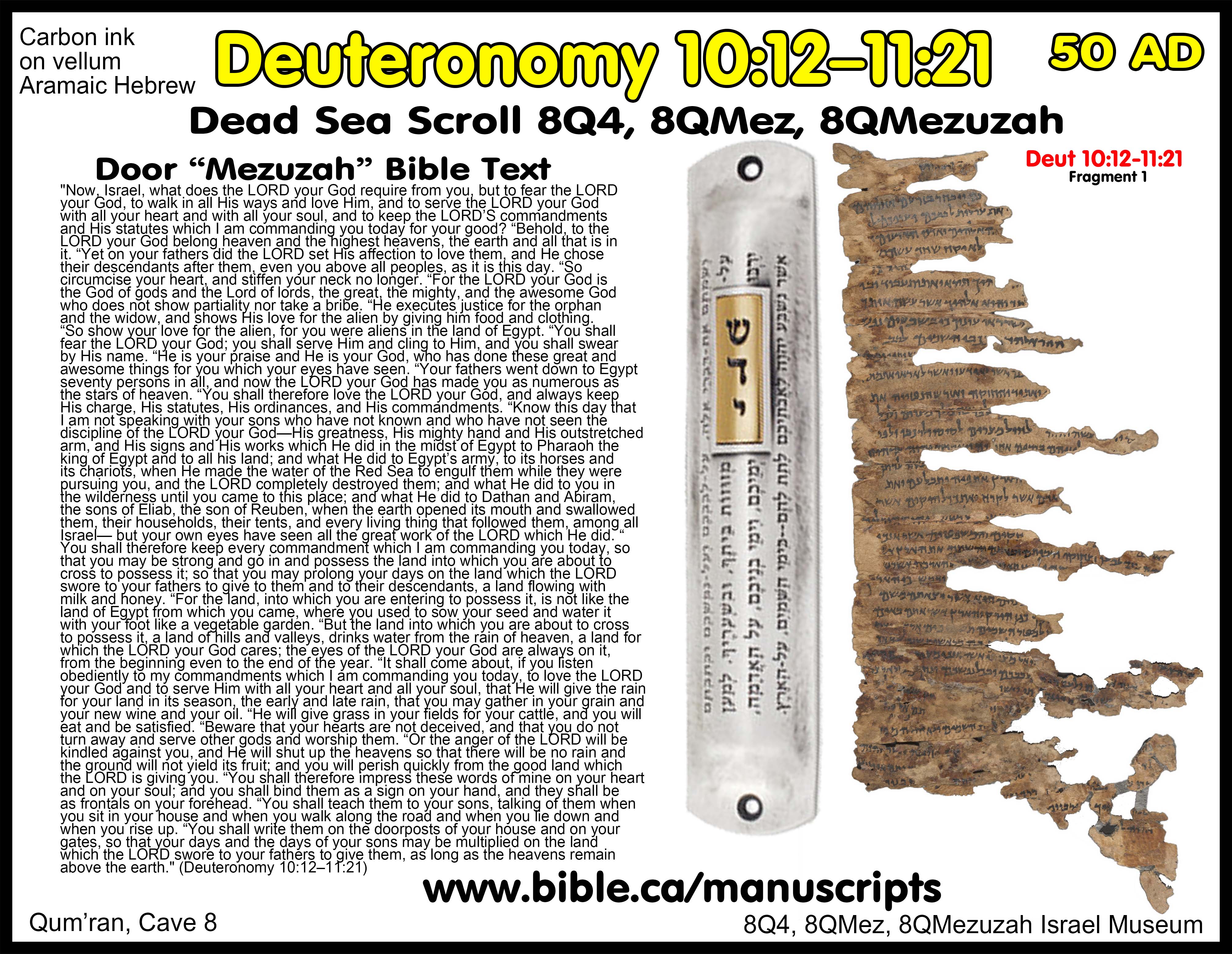
e.
Each garment had a blue tassel on each corner of the cloth.

2. First century tradition motivated by commandments of Moses:
a. The Jewish tradition we see today in Israel in phylacteries worn on the head, Leather straps (Tefillin) worn on the wrist, Blue garment tassels and door Mezuzah dates back as early as the first century.
b. However, there were specific passages in the law of Moses these were based upon.
3. Jesus wore Jewish first century “blue tassels” and looked like a typical rabbi, but warned of putting on a show:
a. Jesus Dressed like a typical Jewish Rabbi!
b. "And a woman who had been suffering from a hemorrhage for twelve years, came up behind Him and touched the fringe [tassels] of His cloak;" (Matthew 9:20)
c. "They do all their deeds to be seen by others; for they make their phylacteries broad and their fringes long. They love to have the place of honor at banquets and the best seats in the synagogues, and to be greeted with respect in the marketplaces, and to have people call them rabbi. But you are not to be called rabbi, for you have one teacher, and you are all students. And call no one your father on earth, for you have one Father—the one in heaven. Nor are you to be called instructors, for you have one instructor, the Messiah. The greatest among you will be your servant. All who exalt themselves will be humbled, and all who humble themselves will be exalted." (Matthew 23:5–12)
4.
The author at Qum’ran and Cave 4 where the Isaiah scroll and several phylacteries were found!
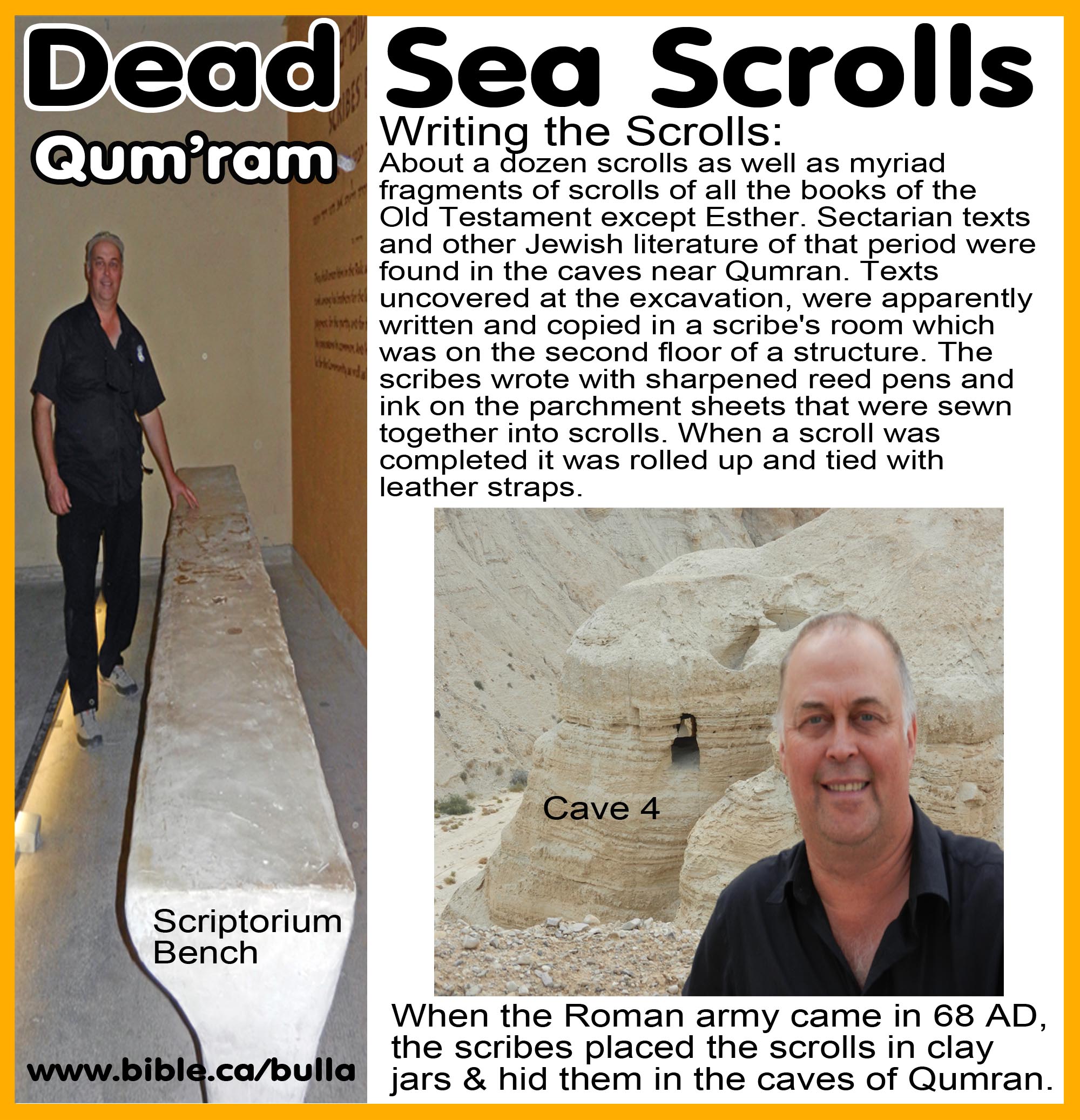
I. Mosiac origin of Tassels, Phylacteries: Bible verses
1. “These words, which I am commanding you today, shall be on your heart. “You shall teach them diligently to your sons and shall talk of them when you sit in your house and when you walk by the way and when you lie down and when you rise up. “You shall bind them as a sign on your hand and they shall be as frontals on your forehead. “You shall write them on the doorposts of your house and on your gates." (Deuteronomy 6:6–9)
2. "“You shall therefore impress these words of mine on your heart and on your soul; and you shall bind them as a sign on your hand, and they shall be as frontals on your forehead." (Deuteronomy 11:18)
3. "The Lord also spoke to Moses, saying, “Speak to the sons of Israel, and tell them that they shall make for themselves tassels on the corners of their garments throughout their generations, and that they shall put on the tassel of each corner a cord of blue. “It shall be a tassel for you to look at and remember all the commandments of the Lord, so as to do them and not follow after your own heart and your own eyes, after which you played the harlot, so that you may remember to do all My commandments and be holy to your God." (Numbers 15:37–40)
4. "You shall make yourself tassels on the four corners of your garment with which you cover yourself." (Deuteronomy 22:12)
|
II. Nahal Se'elim: The Archeology of Tassels & Phylacteries |
See also: Detailed outline on Dead Sea Scrolls ancient Bible manuscripts
A. phylacteries from Nahal Se'elim:
1. Tefillin [on person] and Mezuzot [on door] have been excavated at several other Dead Sea Scroll site:
a. Nahal Se'elim: 2 fragments
b. Qumran: 27 fragments from Cave 4 and 2 fragments from Cave 8.
c. Wadi Murabba'at: 2 fragments
2. Two manuscripts with Bible verses from 2000 year old Jewish phylactery were discovered at Nahal Se'elim!
a. The amazing discovery of two phylactery manuscripts of the Bible: Exod 13:2-10 and Exod 13:11-16
b. The writing was very small so you could get all the text onto the tiny scrolls!
3. Nahal Se'elim Fragment A is identified as Exod 13:2–10 in “minute/small writing”
a. "Sanctify to Me every firstborn, the first offspring of every womb among the sons of Israel, both of man and beast; it belongs to Me.” Moses said to the people, “Remember this day in which you went out from Egypt, from the house of slavery; for by a powerful hand the Lord brought you out from this place. And nothing leavened shall be eaten. “On this day in the month of Abib, you are about to go forth. “It shall be when the Lord brings you to the land of the Canaanite, the Hittite, the Amorite, the Hivite and the Jebusite, which He swore to your fathers to give you, a land flowing with milk and honey, that you shall observe this rite in this month. “For seven days you shall eat unleavened bread, and on the seventh day there shall be a feast to the Lord. “Unleavened bread shall be eaten throughout the seven days; and nothing leavened shall be seen among you, nor shall any leaven be seen among you in all your borders. “You shall tell your son on that day, saying, ‘It is because of what the Lord did for me when I came out of Egypt.’ “And it shall serve as a sign to you on your hand, and as a reminder on your forehead, that the law of the Lord may be in your mouth; for with a powerful hand the Lord brought you out of Egypt. “Therefore, you shall keep this ordinance at its appointed time from year to year." (Exodus 13:2–10)
4. Nahal Se'elim Fragment B contains Exod 13:11–16 in “slightly larger letters”
a. "“Now when the Lord brings you to the land of the Canaanite, as He swore to you and to your fathers, and gives it to you, you shall devote to the Lord the first offspring of every womb, and the first offspring of every beast that you own; the males belong to the Lord. “But every first offspring of a donkey you shall redeem with a lamb, but if you do not redeem it, then you shall break its neck; and every firstborn of man among your sons you shall redeem. “And it shall be when your son asks you in time to come, saying, ‘What is this?’ then you shall say to him, ‘With a powerful hand the Lord brought us out of Egypt, from the house of slavery. ‘It came about, when Pharaoh was stubborn about letting us go, that the Lord killed every firstborn in the land of Egypt, both the firstborn of man and the firstborn of beast. Therefore, I sacrifice to the Lord the males, the first offspring of every womb, but every firstborn of my sons I redeem.’ “So it shall serve as a sign on your hand and as phylacteries on your forehead, for with a powerful hand the Lord brought us out of Egypt.”" (Exodus 13:11–16)
5. Details of the Nahal Se'elim site and discovery:
a. “Although it was clear that the Bedouin had thoroughly explored the area, Aharoni’s excavation team were the first to discover Cave 34, a well-hidden, small cave that could only be reached with the help of a rope. Among the written materials there were two fragments from a phylactery. Fragment A is identified as Exod 13:2–10 in “minute writing”; fragment B contains Exod 13:11–16 in “slightly larger letters” (Aharoni, “Expedition B,” 22–23). He also discovered a leather scroll exhibiting Hebrew letters and fragments of Greek papyri. Cave 34 preserved the only written material which certainly came from Nahal Se’elim. Although much of the Seiyal Collection was originally connected to Nahal Se’elim, many documents can now be shown to have come from Nahal Hever.” (Lexham Bible Dictionary, Nahal Se'elim)
b. “Nahal Se’elim (Wadi Seiyal) is about 8 mi. S of En-gedi and 2.5 mi. N of Masada. Here in 1960 the expedition of Y. Aharoni found some ms. fragments in the “Cave of the Scrolls,” another cave that had served as a refuge for the warriors of Bar Cochba. Two phylactery parchments were discovered, one of which has a Hebr text of Ex 13:2-10 close to the Hebr text that underlies the LXX. There were also Gk papyri with lists of names. (IsrEJ 11 [1961] 21-24, 53-58.)”
B. Phylactery Bible texts from Qumran Cave 1:
1. Cave 1: 1Q13 (1QPhyl) 1QPhylactery:
a. Deut 5:1–22
b. Deut 5:23–27
c. Deut 10:17–18
d. Deut 10:21–11:1
e. Deut 11:8–11
f. Deut 11:12
g. Exod 13:2–3
h. Exod 13:7–9
C. Phylactery Bible texts from Qumran Cave 4:
1. Cave 4: 4Q128 (4QPhyl A) 4QPhylactery A
a. Recto: Deut 5:1–14; 5:27–6:3; 10:12–11:17
b. Verso: Deut 11:18–21; Exod 12:43–13:7
2. Cave 4: 4Q129 (4QPhyl B) 4QPhylactery B
a. Recto: Deut 5:1–6:2
b. Verso: Exod 13:9–16
3. Cave 4: 4Q130 (4QPhyl C) 4QPhylactery C
a. Exod 13:1–16; Deut 6:4–9; 11:13–21
4. Cave 4: 4Q131 (4QPhyl D) 4QPhylactery D
a. Frag. 1–2 recto: Deut 11:13
b. Frag. 2 verso: Deut 11:14
c. Frag. 1 recto: Deut 11:16–17
d. Frag. 3 recto: Deut 11:19
e. Frag. 1 recto: Deut 11:21
f. Frag. 4–6: ?
5. Cave 4: 4Q132 (4QPhyl E) 4QPhylactery E
a. Frag. 1 recto: Exod 13:1–2
b. Frag. 3 recto: Exod 13:5–6
c. Frag. 4 recto: Exod 13:6–7
d. Frag. 1 verso, 5,6 recto: Exod 13:8–9
e. Frag. 7–13: ?
6. Cave 4: 4Q133 (4QPhyl F) 4QPhylactery F
a. Frag. 1: Exod 13:11–18
b. Frag. 2–4: ?
7. Cave 4: 4Q134 (4QPhyl G) 4QPhylactery G
a. Frag. 1 recto: Deut 5:1–21
b. Frag. 1 verso: Exod 13:11–12
8. Cave 4: 4Q135 (4QPhyl H) 4QPhylactery H
a. Frag. 1 recto: Deut 5:22–6:5
b. Frag. 1 verso: Exod 13:14–16
9. Cave 4: 4Q136 (4QPhyl I) 4QPhylactery I
a. Frag. 1 recto: Deut 11:13–21; Exod 12:43–13:10
b. Frag. 1 verso: Deut 6:6–7 (?)
10. Cave 4: 4Q137 (4QPhyl J) 4QPhylactery J
a. Frag. 1 recto: Deut 5:1–24
b. Frag. 1 verso: Deut 5:24–32; 6:2–3
11. Cave 4: 4Q138 (4QPhyl K) 4QPhylactery K
a. Frag. 1 recto: Deut 10:12–11:7
b. Frag. 1 verso: Deut 11:7–12
12. Cave 4: 4Q139 (4QPhyl L) 4QPhylactery L
a. Frag. 1 : Deut 5:7–24
13. Cave 4: 4Q140 (4QPhyl M) 4QPhylactery M
a. Frag. 1 recto: Exod 12:44–13:10
b. Frag. 1 verso: Deut 5:33–6:5
14. Cave 4: 4Q141 (4QPhyl N) 4QPhylactery N
a. Frag. 1 : Deut 32:14–20, 32–33
15. Cave 4: 4Q142 (4QPhyl O) 4QPhylactery O
a. Frag. 1 recto: Deut 5:1–16
b. Frag. 1 verso: Deut 6:7–9
16. Cave 4: 4Q143 (4QPhyl P) 4QPhylactery P
a. Frag. 1 recto: Deut 5:1–16
b. Frag. 1 verso: Deut 6:7–9
17. Cave 4: 4Q144 (4QPhyl Q) 4QPhylactery Q
a. Frag. 1 recto: Deut 11:4–8
b. Frag. 1 verso: Exod 13:4–9
18. Cave 4: 4Q145 (4QPhyl R) 4QPhylactery R
a. Frag. 1 recto: Exod 13:1–7
b. Frag. 1 verso: Exod 13:7–10
19. Cave 4: 4Q146 (4QPhyl S) 4QPhylactery S
a. Frag. 1: Deut 11:19–21
20. Cave 4: 4Q147–148 (4QPhyl T, U) 4QPhylacteries T,U
D. Door Mezuzah Bible texts from Qumran Cave 4:
1. Cave 4: 4Q149 (4QMez A) 4QMezuzah A
a. Frag. 1: Exod 20:7–12
2. Cave 4: 4Q150 (4QMez B) 4QMezuzah B
a. Frag. 1: Deut 6:5–6; 10:14–11:2
3. Cave 4: 4Q151 (4QMez C) 4QMezuzah C
a. Frag. 1: Deut 5:27–6:9; 10:12–20
4. Cave 4: 4Q152 (4QMez D) 4QMezuzah D
a. Frag. 1: Deut 6:5–7
5. Cave 4: 4Q153 (4QMez E) 4QMezuzah E
a. Frag. 1: Deut 11:17-18
6. Cave 4: 4Q154 (4QMez F) 4QMezuzah F
a. Frag. 1: Exod 13:1–4
7. Cave 4: 4Q155 (4QMez G) 4QMezuzah G
a. Frag. 1: Exod 13:11–18
E. Phylactery Bible texts from Qumran Cave 5:
1. Cave 5: 5Q8 (5QPhyl) 5QPhylactery:
a. Frag. 1–3: unopened
F. Mezuzah Bible texts from Qumran Cave 8:
1. Cave 8: 8Q4 (8QMez) 8QMezuzah

a. Frag. 1 : Deut 10:12–11:21
b. "Now, Israel, what does the Lord your God require from you, but to fear the Lord your God, to walk in all His ways and love Him, and to serve the Lord your God with all your heart and with all your soul, and to keep the Lord’s commandments and His statutes which I am commanding you today for your good? “Behold, to the Lord your God belong heaven and the highest heavens, the earth and all that is in it. “Yet on your fathers did the Lord set His affection to love them, and He chose their descendants after them, even you above all peoples, as it is this day. “So circumcise your heart, and stiffen your neck no longer. “For the Lord your God is the God of gods and the Lord of lords, the great, the mighty, and the awesome God who does not show partiality nor take a bribe. “He executes justice for the orphan and the widow, and shows His love for the alien by giving him food and clothing. “So show your love for the alien, for you were aliens in the land of Egypt. “You shall fear the Lord your God; you shall serve Him and cling to Him, and you shall swear by His name. “He is your praise and He is your God, who has done these great and awesome things for you which your eyes have seen. “Your fathers went down to Egypt seventy persons in all, and now the Lord your God has made you as numerous as the stars of heaven. “You shall therefore love the Lord your God, and always keep His charge, His statutes, His ordinances, and His commandments. “Know this day that I am not speaking with your sons who have not known and who have not seen the discipline of the Lord your God—His greatness, His mighty hand and His outstretched arm, and His signs and His works which He did in the midst of Egypt to Pharaoh the king of Egypt and to all his land; and what He did to Egypt’s army, to its horses and its chariots, when He made the water of the Red Sea to engulf them while they were pursuing you, and the Lord completely destroyed them; and what He did to you in the wilderness until you came to this place; and what He did to Dathan and Abiram, the sons of Eliab, the son of Reuben, when the earth opened its mouth and swallowed them, their households, their tents, and every living thing that followed them, among all Israel— but your own eyes have seen all the great work of the Lord which He did. “You shall therefore keep every commandment which I am commanding you today, so that you may be strong and go in and possess the land into which you are about to cross to possess it; so that you may prolong your days on the land which the Lord swore to your fathers to give to them and to their descendants, a land flowing with milk and honey. “For the land, into which you are entering to possess it, is not like the land of Egypt from which you came, where you used to sow your seed and water it with your foot like a vegetable garden. “But the land into which you are about to cross to possess it, a land of hills and valleys, drinks water from the rain of heaven, a land for which the Lord your God cares; the eyes of the Lord your God are always on it, from the beginning even to the end of the year. “It shall come about, if you listen obediently to my commandments which I am commanding you today, to love the Lord your God and to serve Him with all your heart and all your soul, that He will give the rain for your land in its season, the early and late rain, that you may gather in your grain and your new wine and your oil. “He will give grass in your fields for your cattle, and you will eat and be satisfied. “Beware that your hearts are not deceived, and that you do not turn away and serve other gods and worship them. “Or the anger of the Lord will be kindled against you, and He will shut up the heavens so that there will be no rain and the ground will not yield its fruit; and you will perish quickly from the good land which the Lord is giving you. “You shall therefore impress these words of mine on your heart and on your soul; and you shall bind them as a sign on your hand, and they shall be as frontals on your forehead. “You shall teach them to your sons, talking of them when you sit in your house and when you walk along the road and when you lie down and when you rise up. “You shall write them on the doorposts of your house and on your gates, so that your days and the days of your sons may be multiplied on the land which the Lord swore to your fathers to give them, as long as the heavens remain above the earth." (Deuteronomy 10:12–11:21)
Conclusion:
1. These amazing “favorite Bible verses” are 2000 years old and represent what early Jews and Christians treasured and used for devotional purposes.
2. The practice of wearing phylactery is an ancient Jewish tradition based upon the Law of Moses.
a. While Jesus criticized some of the Jews of his day for “putting on a show, just to be noticed”, Jesus himself wore blue tassels on the fringe of his garment.
b. The woman was healed by touching the Tassels of Jesus garment!
3. Archeologically, there are three Dead Sea Scroll locations that have produced 2000 year old texts used in both phylacteries and Door Mesusah.
a. These small chucks of scripture are an ancient witness that verifies the Bible we read today is the same as it was 2000 years ago!
b. These phylactery bible texts have been discovered at Qumran, Wadi Murabba’at and Nahal Se'elim.
4. See also: Detailed outline on Dead Sea Scrolls ancient Bible manuscripts
5. What you read in the book, you find in the ground! Trust your bible. It is God’s infallible and inspired word that will judge every man at the return of Jesus!
Why not attend a Bible believing church this Lord’s Day and BRING YOUR BIBLE:
|
|
Find a Bible blueprint church in your own home town: Just
type in your address and we will find the |
|
The Septuagint LXX “Scripture Cannot Be Broken” |
|||||
|
Start Here: Master Introduction and Index |
|||||
|
Six Bible Manuscripts |
|||||
|
1446 BC Sinai Text (ST) |
1050 BC Samuel’s Text (SNT) |
623 BC Samaritan (SP) |
458 BC Ezra’s Text (XIV) |
282 BC Septuagint (LXX) |
160 AD Masoretic (MT) |
|
Research Tools |
|||||
|
Steve Rudd, November 2017 AD: Contact the author for comments, input or corrections |
|||||
By Steve Rudd: November 2017: Contact the author for comments, input or corrections.
Go to: Main Bible Manuscripts Page



